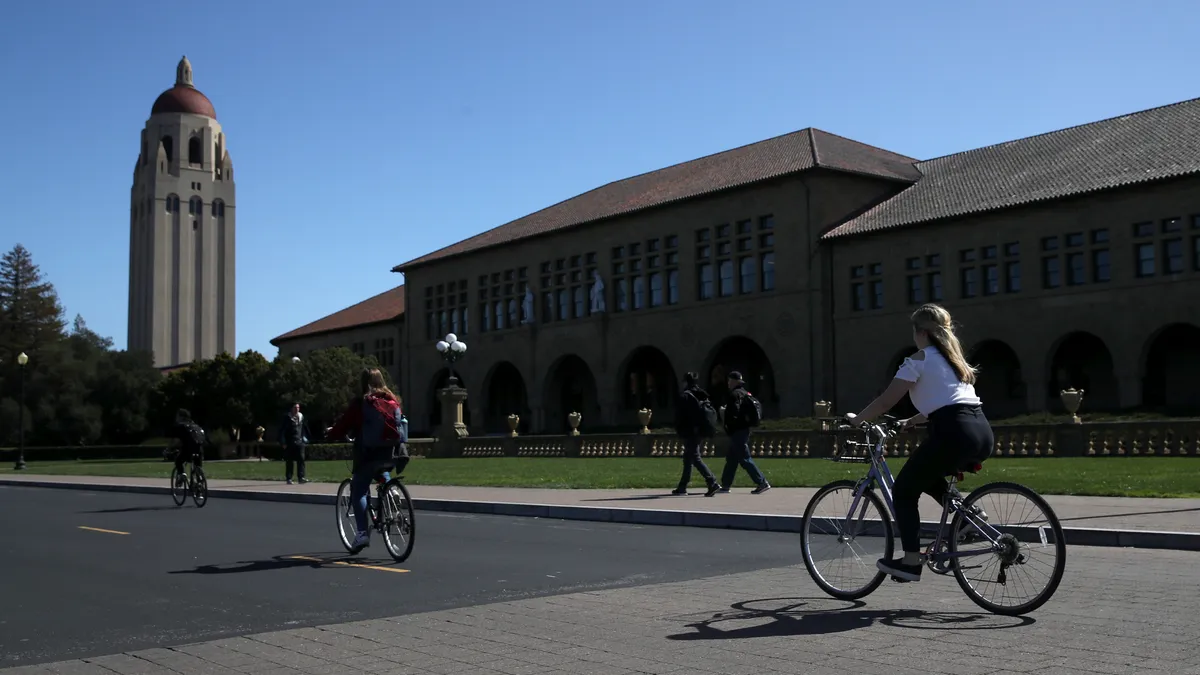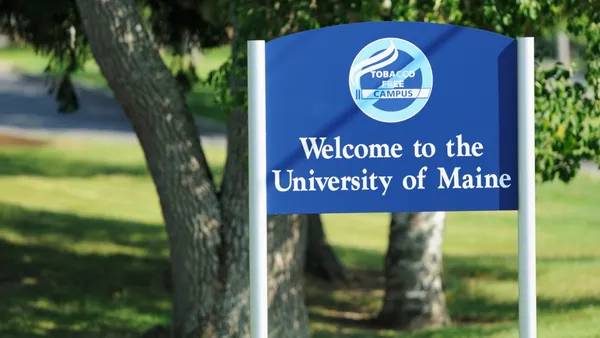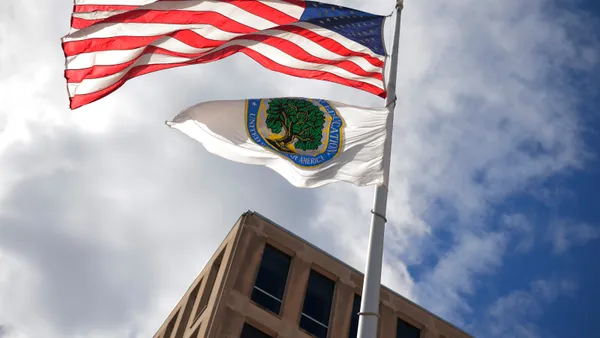Dive Brief:
- Seven universities will share experiences and collaborate on ways to improve career services for low-income and first-generation students, supported by a new $2.4 million grant from Strada Education Network.
- The University Innovation Alliance (UIA) members — Arizona State, Georgia State, Ohio State, Oregon State and Purdue universities, as well as the University of Central Florida and the University of California, Riverside — will review barriers on each campus facing students as they move through college and into the workforce, and will report on successful approaches.
- UIA cites Strada research showing that four in 10 graduates are underemployed in their first job after college, and more than half of that group continue to be for a decade.
Dive Insight:
The UIA initiative takes shape in the midst of growing awareness that helping students explore careers, develop a pathway to one and make the transition to the right job has been undervalued in higher education.
Fewer than half of college students use the career services available to them through their college, according to one report. Yet recent research from the Brookings Institution on community college students indicates that not only do they need more support with career readiness, but also that they will perform better if they get it.
The need is apparent across institution types.
To help, some colleges are making career exploration a key part of the first-year experience, The Hechinger Report notes. They are also spreading awareness about career preparation resources on campus, knowing that 30% of undergraduates change their major within their first three years in college and 10% do so two times or more, according to U.S. Department of Education data.
Other strategies include establishing required milestones for students to meet certain goals, such as deciding on a major or career after earning a certain number of credits.
Access to better information is important for students, and new federal data on postsecondary outcomes by major, degree level and college, now available in Texas and Colorado, should give colleges and students a better idea of how graduates of certain programs perform in the workplace.
Immersive learning experiences and opportunities to preview what employment in a particular profession entails can also be helpful in giving students hands-on opportunities to connect their education to their future career.













